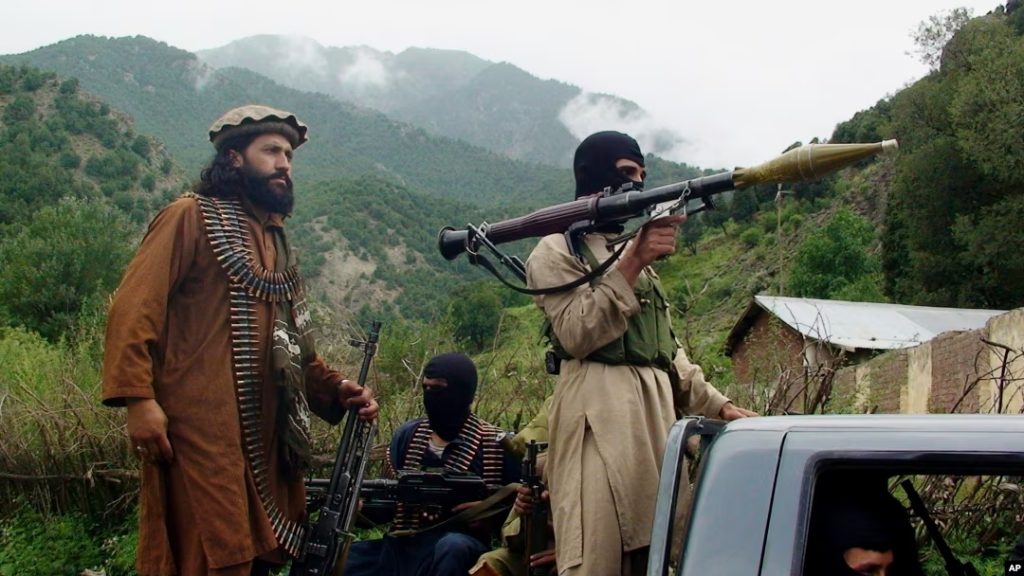A recent report by the United Nations Security Council (UNSC) has validated Pakistan’s long-standing concerns regarding the TTP-Afghan Taliban nexus. The report explicitly states that Tehreek-e-Taliban Pakistan (TTP) is not only operating freely in Afghanistan but is also receiving financial and logistical support from the Afghan Taliban. This revelation exposes the growing security challenges faced by Pakistan and highlights the need for international intervention to curb cross-border terrorism.
According to the UNSC report, the Afghan Taliban is providing monthly financial assistance of $43,000 to TTP, enabling it to launch terror attacks inside Pakistan. TTP has already carried out over 600 terrorist attacks in 2024 alone, a staggering figure that underscores the escalating security crisis.
Furthermore, the report identifies four Afghan provinces—Kunar, Nangarhar, Khost, and Paktia—as key training hubs where TTP militants receive military training and resources for their operations in Pakistan.
The report also sheds light on other anti-Pakistan militant organizations, including the Balochistan Liberation Army (BLA) and its Majid Brigade, which are actively collaborating with ISIS and the Eastern Turkistan Islamic Movement (ETIM).
These groups have established a robust network, with external support flowing in from Afghanistan. Such alliances indicate a coordinated effort to destabilize Pakistan, further complicating the region’s security landscape.
The findings of the UN report hold serious geopolitical consequences. Pakistan has long asserted that Afghanistan is being used as a launchpad for terrorist activities, and this report strengthens Islamabad’s case on the international stage.
The implications include Pakistan’s right to demand stronger international scrutiny over Afghanistan’s role in regional instability, a renewed call for diplomatic and military countermeasures to eliminate terrorist sanctuaries, and potential sanctions and pressure on the Afghan Taliban to sever ties with terror groups operating against Pakistan.
Given the gravity of the situation, Pakistan must adopt a multi-pronged strategy to counter the threat posed by TTP and its allies.
Possible steps include diplomatic engagement by engaging with international stakeholders to push for stricter counter-terrorism measures in Afghanistan, cross-border security enhancement through advanced surveillance and counter-infiltration measures, military response through targeted operations against TTP militants and their infrastructure, and economic and political leverage by using trade and diplomatic channels to pressure the Afghan Taliban into compliance with counter-terrorism commitments.
The UN Security Council’s report leaves little doubt that Afghanistan remains the epicenter of TTP-led terrorism against Pakistan.
This acknowledgment should serve as a wake-up call for the global community, urging them to hold the Afghan Taliban accountable for harboring militants. With regional stability at stake, Pakistan must take decisive actions to safeguard its sovereignty and protect its citizens from the growing menace of cross-border terrorism.


